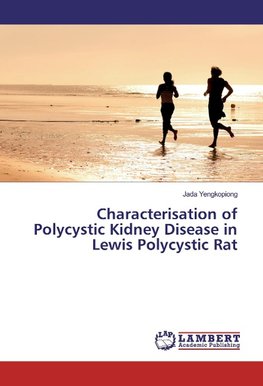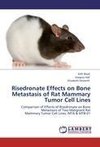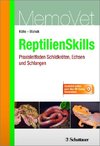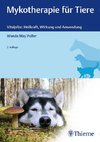
-
 Anglický jazyk
Anglický jazyk
Characterisation of Polycystic Kidney Disease in Lewis Polycystic Rat
Autor: Jada Yengkopiong
Polycystic kidney disease (PKD) is a life-threatening disorder that affects millions of people all over the world. The disease is usually inherited, but it can also be acquired and it leads to development of many cysts in the kidneys, liver, pancreas, brain,... Viac o knihe
Na objednávku, dodanie 2-4 týždne
64.71 €
bežná cena: 71.90 €
O knihe
Polycystic kidney disease (PKD) is a life-threatening disorder that affects millions of people all over the world. The disease is usually inherited, but it can also be acquired and it leads to development of many cysts in the kidneys, liver, pancreas, brain, spleen, ovaries and testes. The major types of inherited PKD are autosomal dominant (AD) and autosomal recessive (AR) polycystic kidney disease. ADPKD is caused by mutations in PKD-1 (polycystin-1), PKD-2 (polycystin-2) or PKD-3 (polycystin-3) and it is mostly diagnosed in adults. ARPKD is caused by mutation in the polycystic kidney and hepatic disease gene 1 (PKHD-1, fibrocystin) and it is commonly diagnosed in neonates and infants. In murine models of the disease, the Pkd-1, Pkd-2 and Pkhd-1 genes are the homologs of human PKD genes and mutations in these genes cause PKD that resembles the human PKD. The common clinical features of PKD in all animal species are: development of bilaterally enlarged cystic kidneys, development of extra-renal cysts, development of higher systolic blood pressure, development of anemia, and deterioration of the kidney functions, leading to end stage renal disease.
- Vydavateľstvo: LAP LAMBERT Academic Publishing
- Rok vydania: 2016
- Formát: Paperback
- Rozmer: 220 x 150 mm
- Jazyk: Anglický jazyk
- ISBN: 9783659961953




 Nemecký jazyk
Nemecký jazyk 







